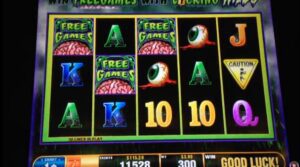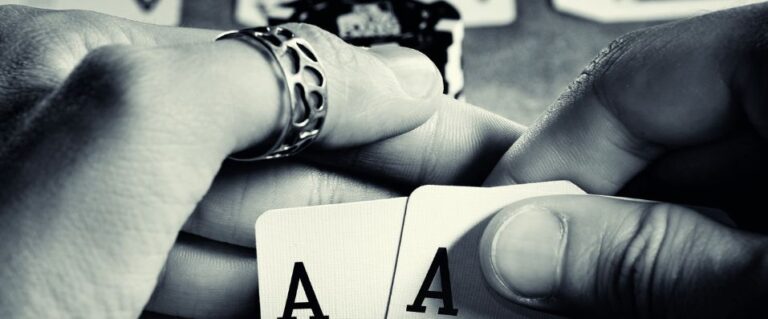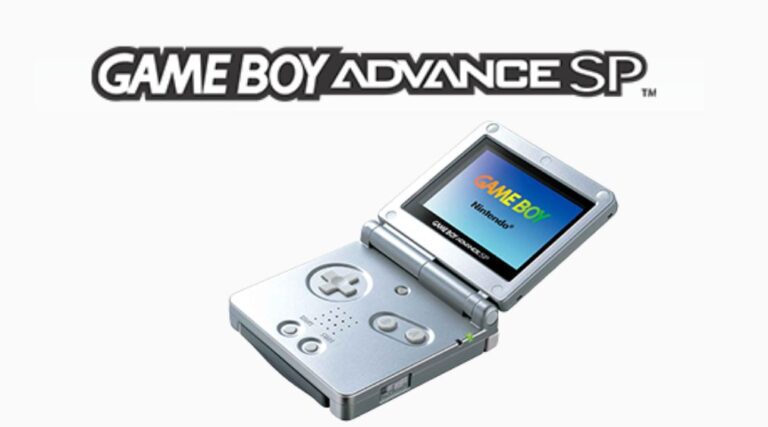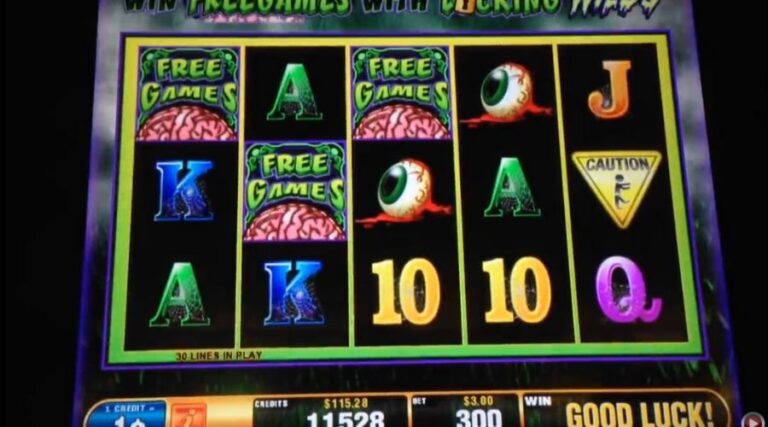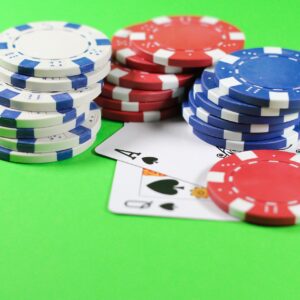Algumas apostas são projetadas para favorecer a casa muito mais do que o jogador. apostas enganosas-uma das características mais duradouras das apostas esportivas e dos cassinos jogos-de-azar-dar a ilusão de um bom valor enquanto drena discretamente seu saldo bancário, oferecendo esperança, mas corroendo os fundos de forma constante.
Essas apostas predatórias atraem apostadores inexperientes e impulsivos. Para obter mais exemplos anedóticos, você pode encontrar discussões sobre o que se qualifica como uma aposta de otário em Reddit.
Papel da Probabilidade nas Apostas
Identificar ou evitar uma aposta arriscada começa com a compreensão de como as casas de apostas e os cassinos definem suas probabilidades para garantir que ganhem no longo prazo. Embora todos os jogos de azar tenham uma vantagem inerente da casa, algumas apostas são comercializadas de forma a aumentar essa vantagem.
Essas apostas podem ter uma margem da casa de 20%, em comparação com cerca de 5-10% nos jogos de cassino padrão. O conceito de uma aposta de tolo remonta aos jogos de carnaval e às primeiras casas de jogos de azar que usavam desvios matemáticos para atrair os jogadores.
As casas de apostas esportivas e os cassinos modernos atualizam esses métodos usando a psicologia comportamental e a teoria da probabilidade.
A Influência do Jogo Online
Jogos de azar online tem alimentado a rápida disseminação de apostas de risco, pois as plataformas digitais oferecem infinitas apostas exóticas. Nos EUA, os órgãos reguladores, como o Nevada Gaming Control Board (Conselho de Controle de Jogos de Nevada), só intervêm quando as práticas entram em território claramente enganoso - a maioria dessas apostas é tecnicamente legal.
As casas de apostas argumentam que as probabilidades são exibidas claramente, cabendo aos apostadores entender a matemática envolvida. Estudos sugerem o contrário, mostrando que a maioria dos apostadores recreativos não tem o conhecimento estatístico necessário para avaliar essas apostas com precisão.
As apostas "sugadoras" funcionam distorcendo a relação entre a probabilidade real e o pagamento oferecido. Imagine um lançamento de moeda que pague 90p para cada £1 apostado, em vez de dinheiro igual.
Essa pequena vantagem, composta ao longo do tempo, gera lucros significativos para a casa, garantindo perdas de longo prazo para os jogadores. O mais eficaz apostas enganosas combinam várias distorções de probabilidade.
Um parlay pode pagar 6:1 em uma aposta de três times, sendo que a probabilidade real está mais próxima de 8:1 contra. O pagamento parece generoso, mas esconde um valor baixo.
Casas de Apostas sabe que a maioria dos apostadores se concentra nos ganhos potenciais em vez do valor real esperado.
Parlays e Teasers
Os Parlays estão entre as apostas de pior valor em esportes porque a chance de acertar várias escolhas corretas não se reflete nem de longe no pagamento. Um parlay típico de quatro equipes tem aproximadamente 6,25% de chance de ganhar, mas paga apenas 10:1, quando as probabilidades justas seriam superiores a 15:1.
Os teasers permitem que os jogadores ajustem o spread de pontos ao custo de pagamentos reduzidos. Eles parecem mais seguros, mas mantêm uma forte vantagem da casa. Para obter mais detalhes, consulte apostas em esportes perdedoras no BoydsBets.
Apostas Exóticas de Proposição
Os teasers reduzem a probabilidade de vitória do jogador em cerca de 10-15% em comparação com as apostas diretas, de acordo com os handicappers profissionais. Exóticos apostas de proposição-sobre eventos específicos do jogo ou desempenhos de jogadores - costumam ter grandes margens da casa.
O primeiro arremesso será um strike? Qual time marcará primeiro? Essas apostas tendem a pagar bem abaixo da probabilidade real, jogando com o desejo de ação rápida em vez de uma boa estratégia de apostas.
As apostas em novidades são igualmente de baixo valor. A diversão de apostar em algo peculiar pode disfarçar as bordas da casa de até 30%.
Isso é especialmente comum em mercados de novidades em eventos importantes, como o Super Bowl ou eleições. Para obter uma visão geral, consulte Tucson Weekly.
Apostas Laterais de Cassino
O seguro de blackjack é um clássico aposta de tolo. Ele paga 2:1, mas as chances reais de o dealer ter blackjack são de cerca de 2,18:1. Novo jogos de mesa geralmente apresentam apostas paralelas com valor ruim semelhante.
Até mesmo as apostas paralelas progressivas com grandes jackpots raramente justificam suas bordas íngremes da casa. Recursos de bônus em Caça-níqueis muitas vezes caem na mesma armadilha - pagando por rodadas especiais que reduzem o valor geral esperado, enquanto luzes piscantes e efeitos sonoros mascaram o esgotamento mais rápido de seu saldo em comparação com o jogo básico.
A Psicologia por trás das Apostas Enganosas
As apostas de risco exploram vários vieses cognitivos. A heurística da disponibilidade faz com que vitórias grandes, mas raras, pareçam muito mais prováveis do que são.
A aversão à perda leva os jogadores a correr atrás das perdas com apostas mais arriscadas. As casas de apostas esportivas amplificam isso por meio de marketing, dicas de memória seletiva e gatilhos emocionais.
Isso é particularmente poderoso com parlays de várias etapas. Perder por uma seleção parece mais uma quase vitória do que uma derrota, o que leva a tentativas repetidas.
O efeito "near-miss" também é um elemento básico das rodadas de bônus e jackpots progressivos.
Os apostadores experientes submetem cada aposta a um cálculo de valor esperado - comparando a probabilidade implícita nas probabilidades (100/(probabilidades+100) para favoritos, probabilidades/(probabilidades+100) para azarões) com suas próprias estimativas.
Uma grande diferença entre os dois é um sinal de alerta para uma aposta ruim. O gerenciamento cuidadoso do bankroll oferece uma proteção adicional.
Os apostadores profissionais normalmente arriscam apenas 1-2% de sua banca por aposta. Por outro lado, as apostas de risco geralmente tentam os jogadores a apostar 10-20%, acelerando as perdas quando as probabilidades se voltam contra eles.
Gestão de bankroll tem tanto a ver com psicologia quanto com matemática - as emoções podem obscurecer o julgamento após uma série de derrotas.
Billy Walters, apostador profissional de esportes, costuma dizer que "a maneira mais fácil de ganhar dinheiro com jogos de azar é não fazer apostas ruins". Suas décadas de sucesso resultaram mais de evitar apostas de baixo valor do que de escolher vencedores.
Mike Aponte observa que há uma clara diferença entre os jogos de cassino que podem ser vencidos e os que não podem. As apostas "sugadoras" são projetadas para serem imbatíveis a longo prazo", diz ele.
As vitórias de sua equipe vieram da identificação e exploração de raras oportunidades de expectativas positivas. Para saber mais, veja o detalhamento de apostas enganosas em Bankroll Sports.
À medida que as apostas esportivas se expandem nos EUA e em outros mercados, os aplicativos e as plataformas on-line facilitam a realização dessas apostas impulsivas de baixo valor no meio do jogo. Para os visitantes do Reino Unido que apostam no exterior, observe que as ofertas de bebidas gratuitas ou determinadas promoções esperadas nos cassinos britânicos podem não se aplicar devido às leis e regulamentações locais.
Uma melhor educação sobre jogos de azar pode ajudar os jogadores a reconhecer e evitar essas armadilhas. Com o tempo, os órgãos reguladores poderão exigir uma divulgação mais clara das probabilidades - semelhante às tabelas de pagamento em Caça-níqueis.
Até lá, tomar decisões bem informadas é sua melhor defesa contra as apostas ruins. A matemática por trás dos jogos de azar não mudará, mas o conhecimento pode fazer a balança pender ligeiramente a favor do jogador.
A principal lição para entender as apostas de risco é a seguinte: os cassinos e as casas de apostas criam jogos para ganhar, e as apostas mais atraentes geralmente oferecem o pior valor. Jogue com inteligência - priorizar o valor em detrimento da emoção manterá seu saldo vivo nas raras ocasiões em que as probabilidades realmente estiverem a seu favor.


